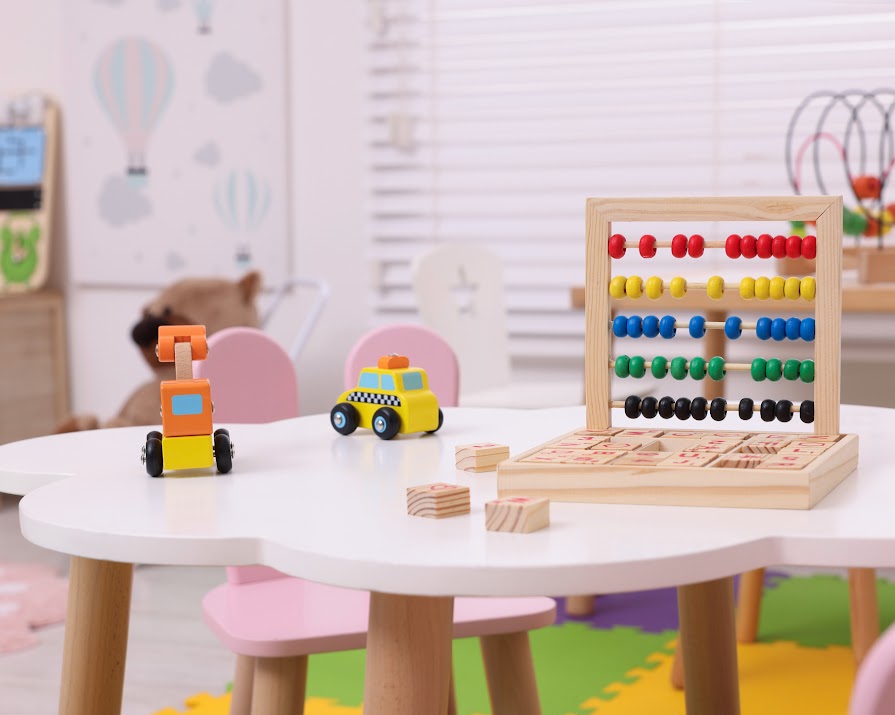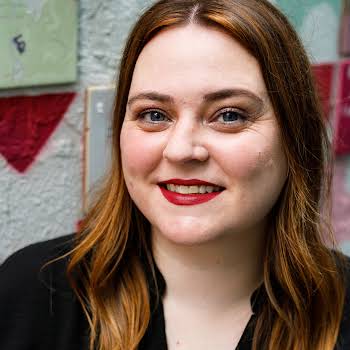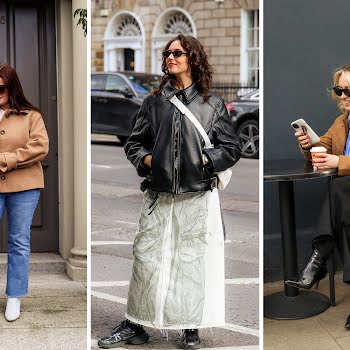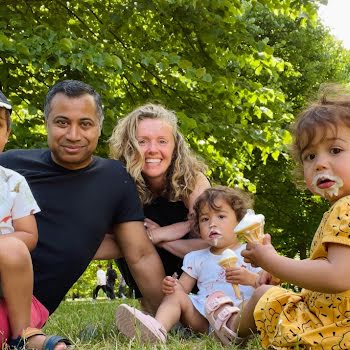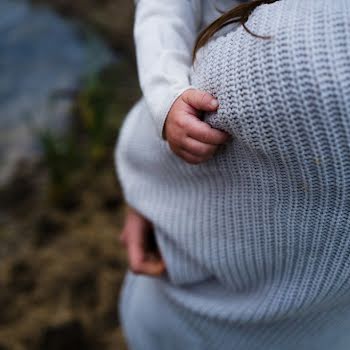
By Dominique McMullan
14th Nov 2024
14th Nov 2024
With an election on the horizon, Ireland may be finally brought in line with European models of affordable, high-quality childcare for all. But which political party's proposal will be the one to get us there?
When it comes to early years childcare, Ireland has been in crisis for many years. Despite recent investment, childcare remains prohibitively expensive, places near impossible to find, and staff underpaid, undervalued and leaving the industry in droves. So what are the proposals to clean up this mess once and for all?
Each of the major party’s proposals share a commitment to affordability and access but they differ in funding sources, workforce support, and strategies for expanding childcare availability. Most suggest a cap on fees of between €200-250 per month, or €10 per day per child. This would reduce most current fees to at least a third of what parents and caregivers are currently paying. Most also suggest more State involvement and investment in our system – all of which would bring us closer to a publicly funded model.
Let’s break down the specifics…
Sinn Féin
In their €10 a Day Childcare for All plan, Sinn Féin aims to make childcare affordable by “bridging the gap” to achieve a €10 per day fee through increased subsidies, but it stops short of proposing a fully public model. They propose raising Early Years educator pay, expanding capacity through a social enterprise model using vacant buildings, and accelerating childminder subsidies. The plan also includes extending parent leave to allow more time with newborns in the first year.
While it is ambitious in terms of cost reduction, Sinn Féin’s proposal remains largely subsidy-based and less state-directed, keeping a mix of private and public involvement. This approach could ease costs significantly for families and would be a smoother transition, but it may not address the systemic issues as thoroughly as a full public model.
Labour
Labour takes a stronger stance with its Campaign for Universal Childcare, aiming for a fully state-funded universal childcare model, where Early Years staff are paid in line with primary educators. The party proposes flexible, nearby childcare with a fee cap of €200 per month, alongside a €60 million investment to establish a public Early Years care system. The Labour vision includes guaranteed spots for all children as parents return to work.
Labour’s model is bold, seeking to overhaul the current system and provide universal, affordable, high-quality childcare. The proposal includes supporting educators and creating a structure that could lay the foundation for a fully public system.
Social Democrats
The Social Democrats propose building a public model with a National Childcare Agency to oversee fees and pay standards, with fees capped at €250 monthly. They pledge €100 million annually to add more facilities and aim to develop a public-sector pay structure for Early Years educators. Additionally, they suggest voluntary state acquisition of existing childcare services to expand availability.
The Social Democrats’ approach emphasises state oversight and workforce support, while gradually expanding public involvement through voluntary state acquisition of private facilities. This model shows a strong commitment to developing a public framework over time and recognises the importance of the facilities currently propping up the system.
Current landscape
While Green Party Leader Minister Roderic O’Gorman’s approach does not propose an entirely public childcare system, it does show a commitment to increased government involvement and support, signalling a shift towards a more accessible and affordable childcare model.
The recent investment in Early Years in Ireland has resulted in a much needed reduction in fees for parents who were suffocated with costs that competed with their mortgages each month. But looking at the big picture, these wins feel insignificant when so many parents face not being able to return to work because they simply can’t find a place for their child. The hundreds of millions of euros the current government has pumped into Early Years, feels a bit like water being poured into a leaky bucket.
It is also important to note that the government’s recent investment in Early Years was the first time any real recognition had been given to the state of childcare in Ireland. Before the most recent investment we were ranked the worst in the entire OECD when it came to investment in education. In 2021 Early Years received only 0.16% of our GDP. By comparison, Iceland and Norway dedicated around 2% of GDP to Early Years, and the OECD average is 0.9%
We hope whoever gets the vote remembers that a childcare model is not just for Christmas. Achieving a fully public model will require sustained commitment, legislative support, and a long-term vision to meet the needs of Irish children, parents, and educators alike. One thing is sure; no one is winning in Ireland’s current childcare model. The time has come to make childcare affordable, accessible, and sustainable, and to finally recognise it as the essential service that it is.











